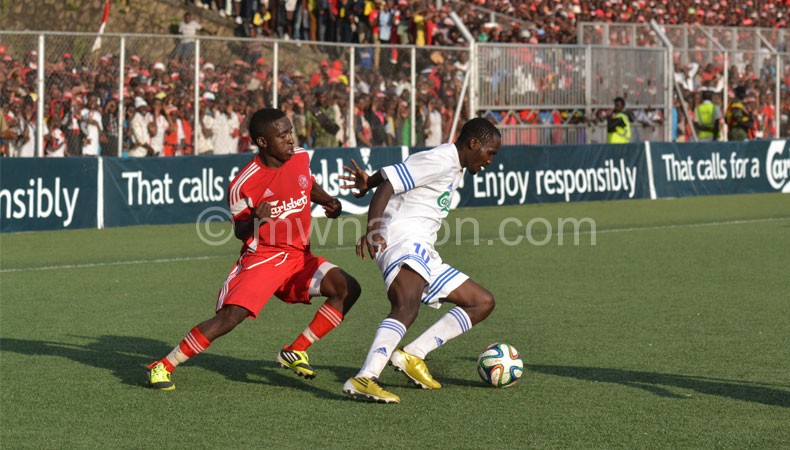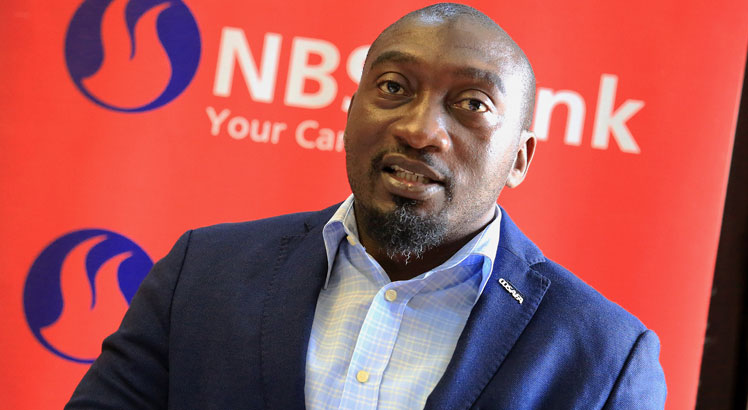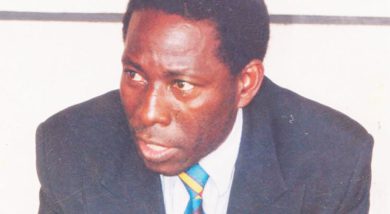Exclusive: So who owns Big Bullets?
TNM Super League defending champions Big Bullets’ registration with government appears under three different owners vindicating the talk that the team’s lack of clear legal ownership is the genesis of the endless infighting.
Weekend Nation has established from the Office of the Registrar’s records that the team was registered as Big Bullets Football Club, then Big Bullets Limited and later as Bullets Holdings Limited (BHL) but has now reverted to its original name.
On March 22 2007, under the Incorporated Companies Act 1984, Big Bullets Limited was registered after the signing of a memorandum of understanding (MoU) between the then chairperson Hassam Jussab-led executive committee and South Africa based Malawian-owned Cifu Investment.

Therefore, Cifu owned the limited company with an initial investment of K60 million (US$133 333) ‘by way of equity’ and was meant “to offer to the public or existing members of the club and players 49 percent of issued shares at the conclusion of three years from the date of subscription to the company.”
Cifu’s Msiska brothers Phaskani and Fumu owned 50 000 ordinary shares each as partners for the company that was limited by shares with their registered office as being plot number BW 433/6, Nancholi, P O Box 2 444, Blantyre. Kinnah Phiri was a witness when Jussab and company authorised Cifu take over.

Weekend Nation saw another entity called Big Bullets Football Club on the list of registered firms, but could not trace the actual file. It is under this type of registration that the Bullets are currently using.
But in respect of this entity, when evolving into a limited company it was noted that “it is uncertain if there are any trustees of the club as envisaged and provided for the said constitution, but in any event trustees would have no executive authority over the affairs of the club.”
Now, in the absence of clear ownership, fans take advantage to dictate matters, hire and fire officials, most of them suspect, and also manage gate takings which is their main interest. The fans chased Cifu around 2007 paving the way for the entry of Gideon Kalumbu-led executive committee.
Kalumbu and his team then registered, under the Incorporated Companies Act, the team as BHL with a share capital of K10 million (US$22 222) on February 20 2008 with their registered office as being Room 17, Dossani House, P.O Box 30460, Blantyre.
The K10 million was divided into 10 000 000 ordinary shares of K1 each and a member with 100 000 shares shall be entitled to vote at the company’s general meeting provided that no single member shall own more than 75 percent of the share capital and that a minimum of 25 percent of the share capital shall always be reserved for trustees and supporters of the club.
Some five years ago, players and fans also forced out BHL who, according to its secretary George Kapachika “is an on-going concern and still owns the team, but we allowed Trouble Kalua then Malinda Chinyama to run the team as we did not want to be seen causing more chaos.” Kalua did not pick calls yesterday.
However, current Bullets secretary of the board of trustees Jim Kalua insisted that the team de-linked itself from BHL when he, backed by the revolting players, took over. Kapachika further claimed that Kalua did not legalise his take over, hence BHL legally still owns the team as people invested their money in it.
“From that we have been inactive, but legally we still own the team. We have certificate of incorporation. We do not know how they are currently operating. Trustees would not be legal in this case. You cannot migrate from a limited company to trusteeship,” Kapachika argued.
Currently, the Bullets who were born in 1967 as a community club, has reverted to its original status in which it was registered under Trustees Incorporation Act with James Busiley as the chairperson of the board of trustees. The club’s address is P O Box 30460, Chichiri Blantyre 3, Malawi.
“The trustees may hold office for two consecutive terms of four years unless they resign or are removed at the AGM. Where removal of the trustee is done as in clause. The board shall appoint a new trustee. The trustee shall be elected from amongst themselves such as office bearers as they deem necessary for the purpose of efficiently conducting the administration of the trusteeship,” reads current Bullets constitution.
Apoche Itimu, Ministry of Justice publicist, referred questions to the Registrar General’s office in Blantyre. Itimu hastened to note that once you register an entity, the next person is not supposed to register a similar name. The original entity that used the first name can lodge a complaint and have the other party deregistered.
A source at the Registrar’s Office explained that it was possible for the office to register the club under different entities because they were viewed as different establishments, “or due to mutual consent among parties involved”.
Currently, Sadiki Malinga is the acting chairperson after supporters forced out chairperson Kondie Msungama and general secretary Harold Fote over their refusal to attend an annual general meeting to explain how they spent the money since being elected last year.
Msungama’s leadership reportedly left a debt in excess of K18.5 million through ill-timed participation in the 2015 CAF Champions League.
Last week, Bullets marketing head Dan Mbebuwa, who has since been suspended, complained that it was supporters who were attending pre-match meetings and managing the gate collections instead of executive committee members.
FAM facility and transfer matching system manager Casper Jangale has since advised cool heads in the Bullets family to establish clear legal ownership of the team so that it is run like a business and minimise the destructive influence of supporters.
For example, Kaizer Chiefs, Orlando Pirates (South Africa) and Caps United (Zimbabwe) are owned by either families, companies or individuals. Kaizer Motaung owns Chiefs, Twine Phiri runs Caps as his business just like Irvin Khoza does with Pirates. Unless Bullets take similar route, more trouble could be brewing.





